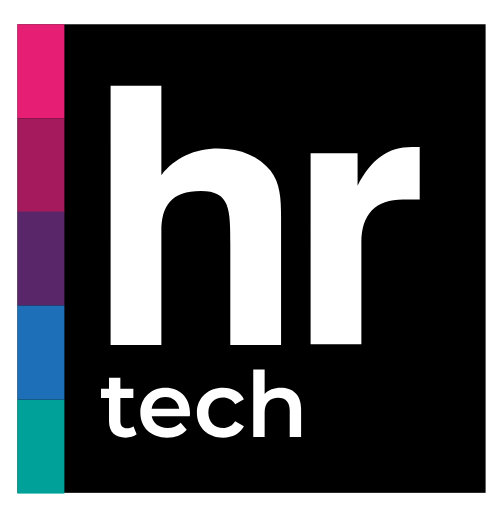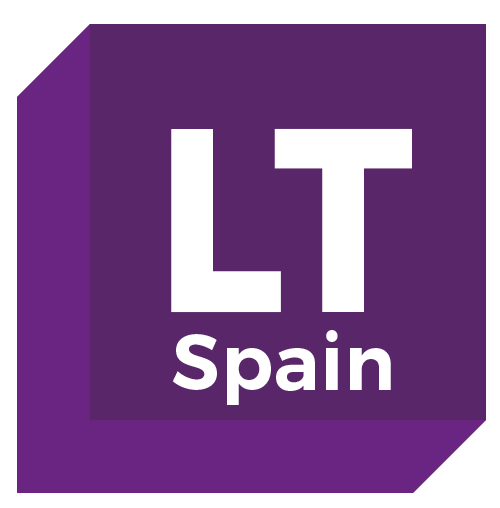News
AI, Ethics and Responsible Governance: the future of work in the age of intelligent automation.
)
Artificial intelligence is no longer science fiction; it is a tangible reality shaping our present and promising - or threatening, depending on how you look at it - to profoundly transform the future, especially in the workplace. Automation driven by intelligent algorithms, one of the main applications of AI, is making its way into virtually every sector, from factories to offices, generating a crucial debate about the future of employment and the role we humans will play in an increasingly automated world. This debate centers on the social impact of AI and the ethics of artificial intelligence.
There is no denying that automation offers seductive advantages. It imagines production lines without human error, 24/7 customer service, or big data analysis in a matter of seconds. All of this translates into greater efficiency, reduced costs and potentially increased productivity. But at what cost? This is the big question about the future of work and AI.
The shadow of mass unemployment hangs over this scenario and we can already see studies and news that tell us and underline which areas and jobs will be the first to be conquered by AI. The idea that machines will take our jobs is a legitimate concern that resonates strongly in society. However, as Kai-Fu Lee, an AI veteran with a long career at companies such as Google and Microsoft, rightly points out, "Artificial intelligence will not replace humans, but will enhance our capabilities. The key is collaboration between humans and machines." This perspective does not detract from the challenge of technological unemployment due to AI, but invites us to approach it from a different angle: that of adaptation and coexistence between humans and machines, which is key to AI and human coexistence.
It is not simply a matter of machines replacing people, but a profound reconfiguration of the employment landscape. As has happened since the dawn of time, evolution will also affect jobs. And yes, some of them will surely disappear, but new ones will also emerge, requiring different skills, a new kind of "digital literacy" that will allow us to interact and work with these technologies. Think of the need for AI "coaches", experts in interpreting and analyzing the results of algorithms, or professionals capable of developing more intuitive and efficient human-machine interfaces , a booming sector due to artificial intelligence and human-computer interaction.
Beyond the direct impact on employment, AI raises far-reaching ethical and social questions. Are we prepared for the coming labor transformation? Are we acting responsibly enough to ensure that AI is a tool for human progress and not a source of inequality and exclusion? How do we protect our privacy in a world where data is the new oil? How do we prevent algorithms from perpetuating and amplifying social biases? This debate is encompassed in the responsible governance of AI and algorithmic ethics.
In short, we are at a crossroads that calls for in-depth reflection and coordinated action. We need responsible governance of AI, involving governments, companies, researchers and, of course, citizens. It is not a question of slowing down technological progress, a task that is probably impossible and even counterproductive, but of guiding it towards a development that benefits society as a whole. The future of work with artificial intelligence, and to a large extent the future of humanity, depends on how we respond to this challenge.

 Cloud & AI Infrastructure
Cloud & AI Infrastructure Cyber Security World
Cyber Security World Big Data & AI World
Big Data & AI World  Data Centre World
Data Centre World  Technology for Marketing
Technology for Marketing E-Show
E-Show HR Technologies
HR Technologies Learning Technologies
Learning Technologies)
)
)
)
)
)
)
)
)
)
)
)
)
)
)
)
)
)
)
)
)
)
)
)
)
)
)
)
)
)
)
)
)
)
)
)
)
)
)
)
)
)
)
)
)
)
)
)
)
)
)
)
)
)
)
)
)
)
)
)
)
)
)
)
)
)
)
)
)
)
)
)
)
)
)
)
)
)
)
)
)
)
)
)
)
)
)
)
)
)
)
)
)
)
)
)
)
)
)
)
)
)
)
)
)
)
)
)
)
)
)
)
)
)
)
)
)
)
)
)
)
)
)
)
)
)
)
)
)
)
)
)
)
)
)
)
)
)
)
)
)
)
)
)
)
)
)